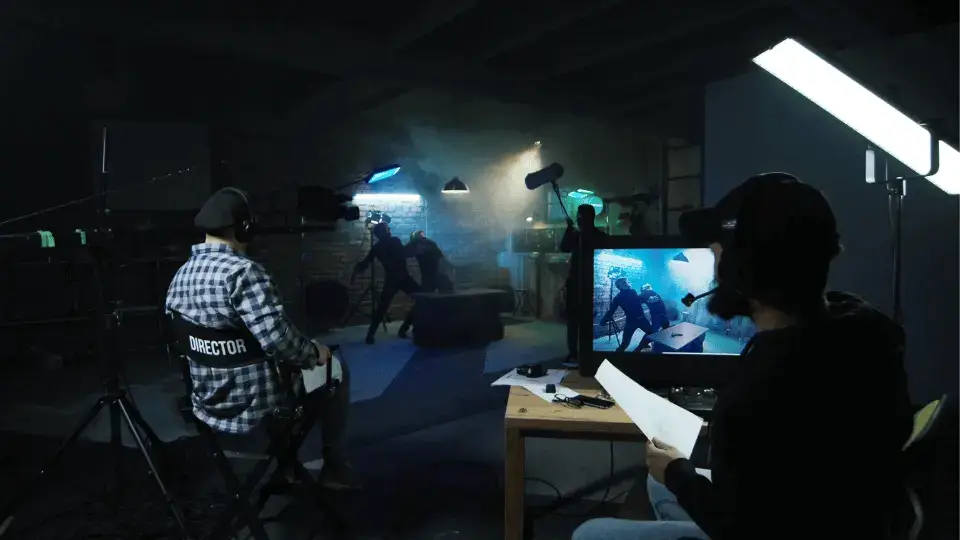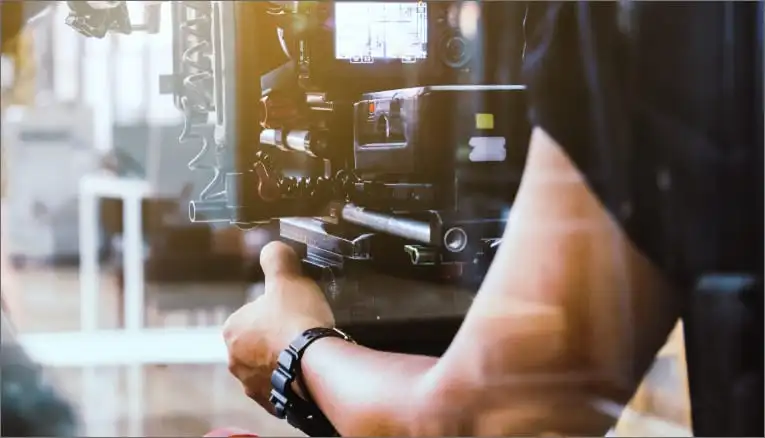The World of Television Archivists
The world of entertainment is a rapidly evolving industry, with new technologies, formats, and platforms emerging all the time. With so much content being produced, it’s essential to have people who can preserve and organize it. That’s where television archivists come in. These professionals are responsible for collecting, cataloging, and maintaining all the footage, audio, and other materials related to a television show.
If you’re interested in pursuing a career as a television archivist, you’ll need a combination of technical skills, industry knowledge, and a passion for preserving media history. In this article, we’ll explore what television archivists do, how to become one, and what the job outlook is like.
What Does a Television Archivist Do?
Television archivists work in a variety of settings, including television networks, production studios, and museums. They are responsible for managing and preserving all the materials related to a show, including raw footage, audio recordings, scripts, and promotional materials. This can involve digitizing old tapes, organizing digital files, and ensuring that everything is properly labeled and stored.
In addition to preserving and organizing materials, television archivists may also be responsible for licensing footage to other media outlets, such as news organizations or documentary filmmakers. They may also work with producers and editors to locate specific footage or audio clips for use in new productions.
How to Become a Television Archivist
Becoming a television archivist requires a combination of technical skills, industry knowledge, and a passion for media preservation. Here are the steps you’ll need to take to pursue this career path:
- Get the Right Education: While there is no set educational path to becoming a television archivist, most employers prefer candidates with a degree in library science, media studies, or a related field. Some universities, such as New York University, offer certificate programs in media archiving that can provide you with the skills and knowledge needed to succeed in this field.
- Gain Relevant Experience: In addition to formal education, it’s essential to gain hands-on experience in the media industry. This can include internships at television networks or production studios, or working as a production assistant or researcher.
- Develop Technical Skills: Television archivists need to be comfortable working with a variety of digital tools and software, including video editing software, database management systems, and metadata standards.
- Build a Network: Networking is critical in the entertainment industry, and television archiving is no exception. Attend industry events, join professional organizations, and connect with other media professionals to build relationships and learn about new opportunities.
Job Outlook for Television Archivists
The job outlook for television archivists is positive, with the Bureau of Labor Statistics projecting a 9% growth rate for archivists, curators, and museum workers between 2018 and 2028. As more media is produced and distributed across multiple platforms, the need for skilled archivists to manage and preserve that content will only continue to grow.
Key Takeaways
- Television archivists are responsible for collecting, cataloging, and maintaining all the materials related to a television show.
- To become a television archivist, you’ll need a combination of technical skills, industry knowledge, and a passion for media preservation.
- Most employers prefer candidates with a degree in library science, media studies, or a related field, as well as relevant experience in the media industry.
- The job outlook for television archivists is positive, with a projected 9% growth rate over the next decade.
- Consider taking the NYU Film and TV Industry Essentials online course and certificate program to gain the skills and knowledge needed to succeed in this field.








